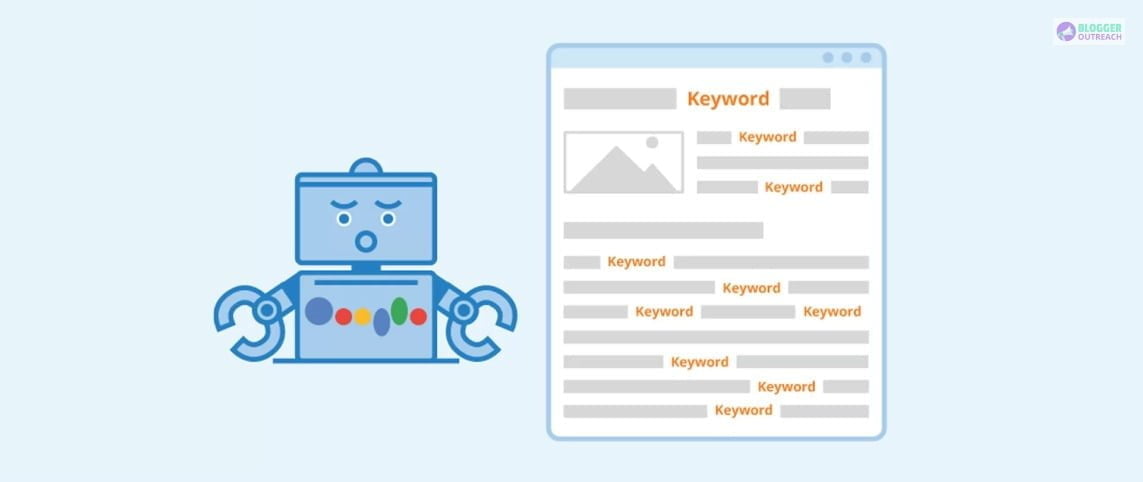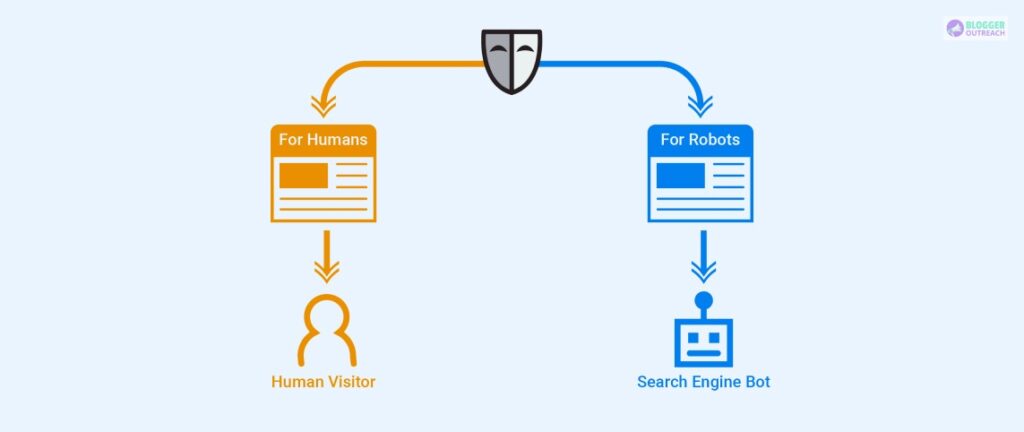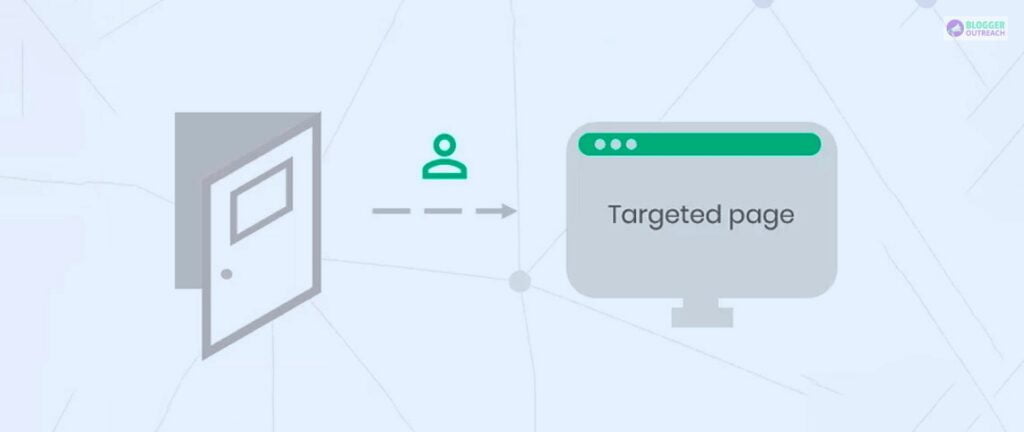Table Of Content
The web is a vast and ever-changing place, and you must keep up with the latest rules and regulations.
If you’re trying to rank your website in the SERPs, it’s important to understand all the different types of SEO tactics and how they can affect your ranking.
If you’re a content marketer or SEO strategist, you’ve probably heard of black hat SEO. Unfortunately, black hat SEO tactics are unethical and risky and can even lead to penalties from search engines like Google.
Are you a smart business owner or online marketer looking to stay ahead? In the fast-paced world of SEO, there are certain transparent rules and mandatory policies to abide by.
Following these guidelines is essential for optimizing speed, providing a quality user experience, and achieving a good internet ranking.
Plus, staying up to date with the most recent SEO trends is important to ensure your website is constantly adjusting to algorithm updates.
However, the world of SEO can be a dangerous one. Spammers and unethical internet users often bypass search engine algorithms to get better rankings.
But Google is too smart for them – eventually, the algorithm will recognize these shortcuts, and punishments such as online penalties will follow.
This blog will discuss what black hat SEO is and five of the riskiest techniques to avoid.
We will also discuss the cons of using these techniques. However, by understanding black hat SEO and its potential consequences, you can protect yourself from the risks and use legitimate SEO tactics to maximize your success.
What Is Black Hat SEO?

Black hat SEO is a set of techniques that aims to manipulate search engine rankings and increase website traffic.
These are unethical techniques and can lead to penalties from search engines.
Some of the most common black hat SEO techniques include keyword stuffing, link buying, cloaking, and hidden text. Understanding these techniques and avoiding them is important to maintain a successful website.
Goals Of Black Hat SEO
- Black hat SEO aims to artificially boost a website’s search engine rankings to gain more organic (unpaid) traffic.
- While it can fetch you quick-impact results, it can also have long-term negative effects on your website.
Results Of Black Hat SEO
- Black Hat SEO techniques are often employed to gain quick results, but these practices can lead to long-term penalties from search engines.
- For example, a website using hidden text could be penalized or removed from the search engine results. Additionally, link farming and link buying can lead to penalties or bans from the search engine.
5 Risky Black Hat SEO Techniques To Avoid
Black hat techniques can fetch you quick results, but the ill effects of black hat SEO are alarming. The top 5 black hat techniques are as follows-
1. Keyword Stuffing

Keyword stuffing involves over-imposing keywords on a web page to get quick search engine rankings. This practice is frowned upon by search engines and can lead to penalties. This is because it involves unnaturally cramming as many keywords as possible into a webpage’s content.
We count on this practice to manipulate search engine rankings by making a webpage appear more relevant to a certain keyword or phrase.
(i) Aim: The basic idea behind keyword stuffing is to use the same keyword or phrase multiple times on the same page to trick the search engine algorithms into ranking the page higher in the search results.
(ii) Not Intended For The Reader: Keyword spamming is a spammy activity, as it does not provide useful information or benefit to the readers.
(iii) How To Apply?: This often involves using the keyword or phrase in the title, headings, subheadings, body, and page URL. We can use it in a way that does not make sense linguistically or in a way that is not related to the actual content of the page.
(iv) Negative Effects: Keyword stuffing can damage a website’s SEO efforts, as search engines can now detect when a page is using this tactic. If a page indulges in keyword stuffing, the search engine may reduce its ranking or even completely ban the page from its index. This can lead to a dramatic decrease in website traffic and revenue.
For these reasons, avoiding keyword stuffing and focusing on providing valuable content relevant to the targeted keywords is evident.
2. Link Buying

Link buying is the practice of purchasing links from other websites to build a backlink profile.
Many people call it paid link acquisition, a black hat SEO technique where a website owner pays to acquire links from other websites that link to their own.
It would be best if you refrained from Link buying because it violates Google’s Webmaster Guidelines. Paid links are a type of link scheme and are against the guidelines set out by Google.
The chance of getting penalties is higher, which can devastate traffic and revenue.
It involves manipulating search results by paying for links instead of relying on organic, natural methods of link building. You can also consider link building as an indirect means of buying influence, allowing a website owner to boost their rankings artificially.
Link buying involves association with low-quality websites, as it is often difficult to guarantee the quality of the websites that a website owner is paying for. This can hurt a website’s reputation and the overall quality of the website.
For these reasons, it is important to avoid link buying and instead focus on building quality links through ethical and natural methods. This includes content-based link-building, guest blogging, and social media promotion.
3. Cloaking

Cloaking is a black hat SEO mechanism that involves presenting different content or URLs to search engine spiders than to regular users. It violates Google’s Webmaster Guidelines and can result in a penalty or removal from the Google index.
(i) Example Of Cloaking: You often click a link, image, or content on a website, and it redirects you to another website. We can refer to this situation as cloaking. It is an unethical way to garner traffic.
Spammers and hackers often use cloaking to manipulate search engine results and direct unsuspecting users to malicious websites.
(ii) Harmful Effects: It can also deceive search engine spiders by presenting irrelevant or low-quality content while presenting regular users with higher-quality content.
In addition to being unethical, cloaking can negatively impact a website’s search engine rankings.
Abstain from cloaking, as it can negatively affect a website’s search engine rankings. On detection, Google can penalize your site and prevent your site from indexing.
4. Hidden Text

Hidden text is the practice of hiding text on a web page to maneuver search engine rankings. This practice is an act of deception and can lead to penalties from search engines.
It is invisible to users when visiting a website but still visible to search engines. It tricks search engines into thinking the website is more relevant than it is.
This hidden text often includes keywords unrelated to the website’s content.
(i) Why Hidden Texts Are Unethical: Hidden text aims to manipulate search engine rankings. Therefore, it gives an unfair advantage to websites that use it and can harm legitimate websites that don’t.
(ii) Consequences Of Hidden Texts: Google and other major search engines have algorithms to detect hidden text and penalize websites that use it, so it is important to avoid it. Using hidden texts leads to the banning of your website by search engines. It can also lead to a decrease in website traffic and website revenue.
Overall, we should abstain from hidden text in black hat SEO because it is unethical, can lead to serious consequences, and can negatively impact website traffic and revenue.
5. Doorway Pages

Doorway pages are web pages created to boost search engine rankings for specific keywords. They usually aim to increase rankings in search engine results rather than providing real content or value to visitors.
Instead, doorway pages attract funnel traffic from search engines to another page, often a landing page or sales page.
Doorway pages aim to manipulate search engine rankings. However, Google has explicitly stated that they do not want webmasters using this technique, and they may penalize websites that use doorway pages.
(i) Why Are Doorway Pages Harmful?: Google considers doorway pages to be deceptive and manipulative. Spammers often design doorway pages to trick search engines into thinking the web pages are relevant to certain keywords. Furthermore, doorway pages often over-optimize a specific keyword, making it difficult for visitors to read.
Because of all these issues, it is best to avoid using doorway pages whenever possible. Google has said they will penalize any website that uses doorway pages, so it is a smarter option to stay away from this black hat SEO technique.
Conclusion!
To maintain a successful website, you must avoid black hat SEO techniques. Search engines are constantly updating their algorithms to detect and penalize websites that use these techniques.
It is important to understand the risks associated with these techniques and avoid them to maintain a successful website.
We expect that this article helped address your queries. For more information, reach out to us.
Read More:








